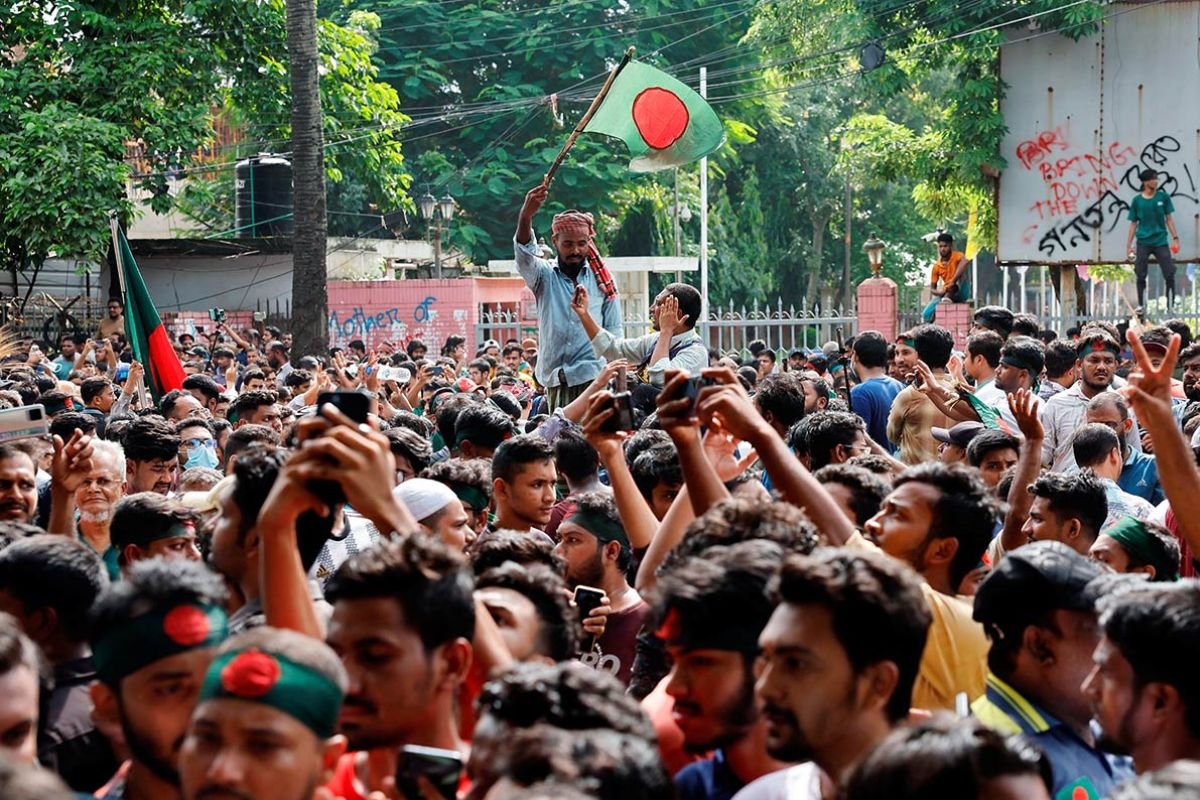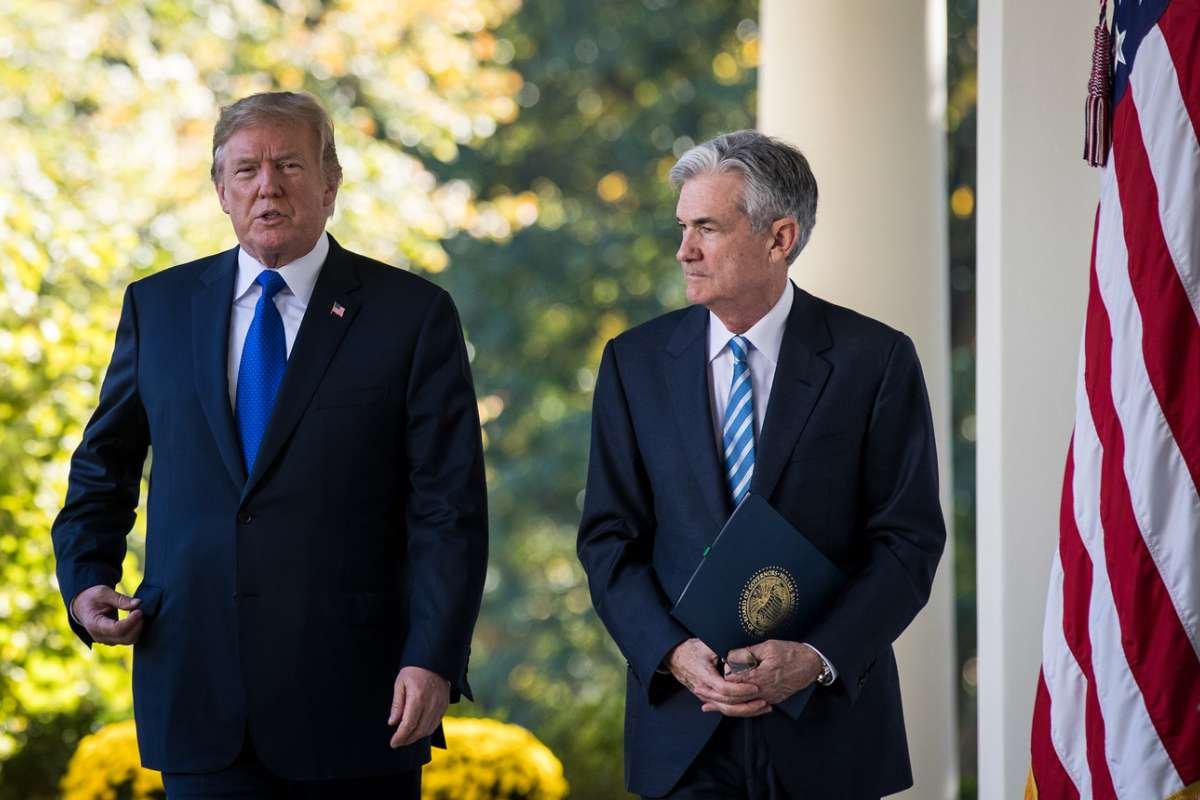Heightened Travel Advisory Issued by the U.S. State Department
In response to the ongoing civil unrest, crime, and terrorism in Bangladesh, The U.S government travel advisory for Bangladesh is issued. This advisory follows the dramatic resignation and escape of former Prime Minister Sheikh Hasina, which has triggered widespread violence across the nation. The U.S. State Department has elevated its travel advisory to the highest level, ‘Level 4: Do Not Travel,’ and has recommended the immediate departure of non-emergency U.S. government personnel and their families.
U.S Government Travel Advisory for Bangladesh highlights the risk of terrorist attacks that can occur with little or no warning, targeting public spaces such as tourist locations, transportation hubs, markets, shopping malls, restaurants, places of worship, schools, and government buildings. “On August 5, 2024, the Department ordered the departure of non-emergency U.S. government employees and family members. Travelers should not travel to Bangladesh due to ongoing civil unrest in Dhaka,” the State Department stated. The advisory further explained that violent clashes have erupted in the capital city, Dhaka, its surrounding areas, and other regions across Bangladesh, prompting the deployment of the Bangladesh Army nationwide.
U.S Government Travel Advisory for Bangladesh: Violence and Instability in the Aftermath of Hasina’s Ouster
The sudden resignation of Sheikh Hasina has led to severe turmoil, with over 100 people losing their lives in the ensuing violence. Despite early hopes for a return to normalcy, the situation has escalated, causing significant concern among international communities. The U.S. State Department has advised travelers to exercise extreme caution, especially at Dhaka’s Hazrat Shahjalal International Airport, which temporarily halted operations on August 5. Travelers are encouraged to check with airlines regarding the status of future flights.
The advisory also cautions travelers about the prevalence of petty crimes such as pickpocketing in crowded areas, and more serious offenses like muggings, burglaries, assaults, and illegal drug trafficking in major cities. Although there is no specific evidence suggesting that foreigners are being targeted due to their nationality, the advisory underscores that these crimes are often opportunistic, varying by time and location.
Impact on U.S. Citizens and Embassy Operations
The advisory further notes that U.S. Embassy personnel in Bangladesh are subject to various movement and travel restrictions due to security concerns. This has led to limited capacity for the U.S. government to provide emergency services to its citizens in the region. The travel restrictions, coupled with a lack of infrastructure and limited emergency response resources from the host government, pose significant challenges.
“Terrorist attacks can happen without warning, and terrorists may target public areas including tourist locations, transportation hubs, markets, shopping malls, restaurants, places of worship, schools, and government facilities,” the advisory emphasized. Given these heightened security concerns, the U.S. Government travel advisory for Bangladesh is urging its citizens to reconsider any plans to travel to Bangladesh and to remain vigilant if already in the country.
In conclusion, the situation in Bangladesh remains highly volatile following the ouster of former Prime Minister Sheikh Hasina. The U.S. State Department’s advisory serves as a critical warning for U.S. citizens to prioritize their safety and avoid travel to the region amidst ongoing violence and instability.
Also Read : The Enterprise world






